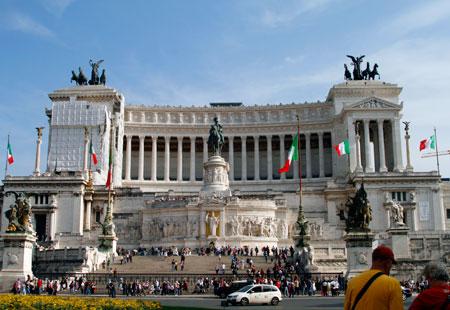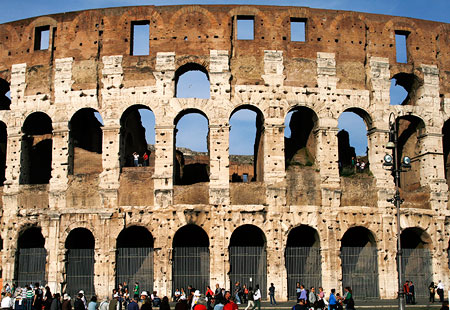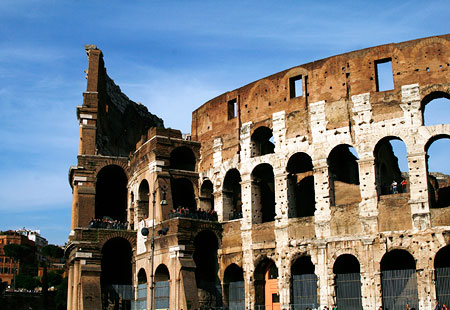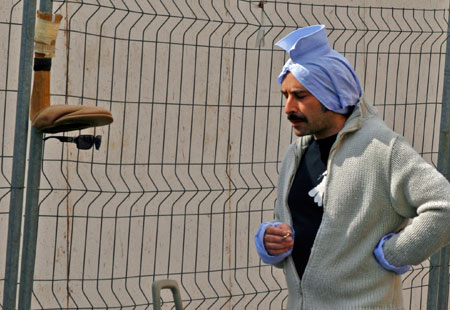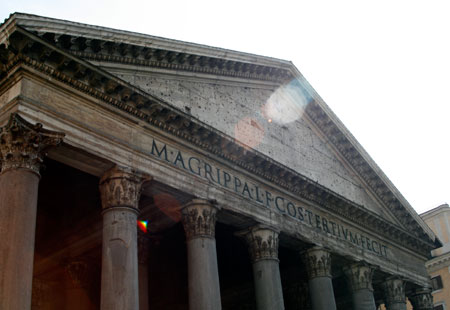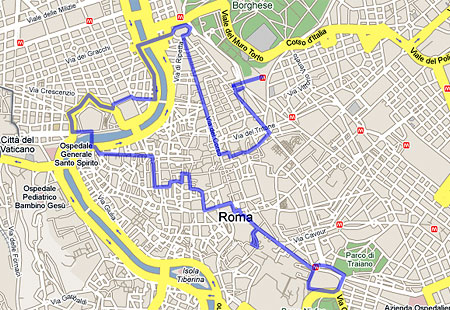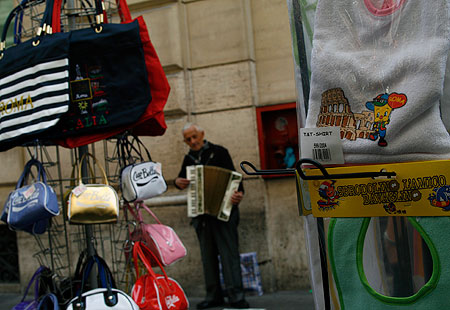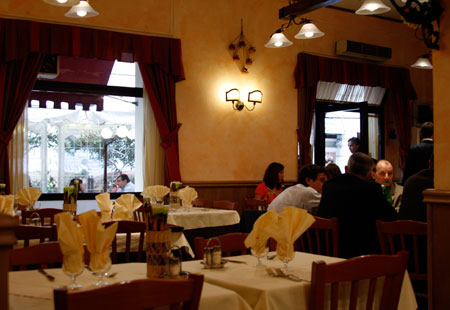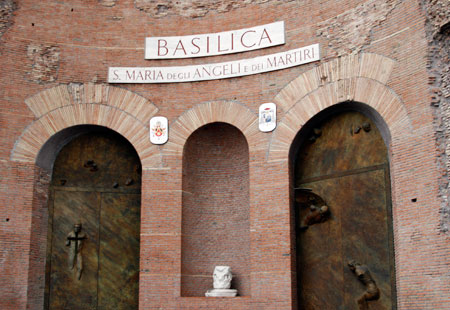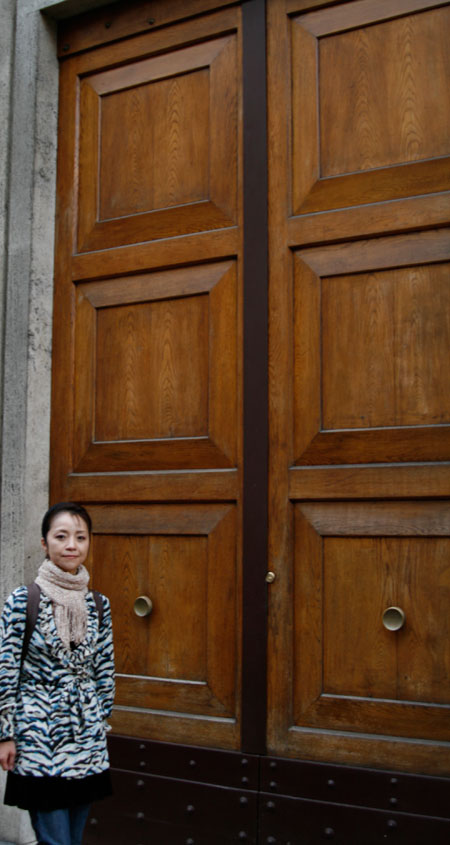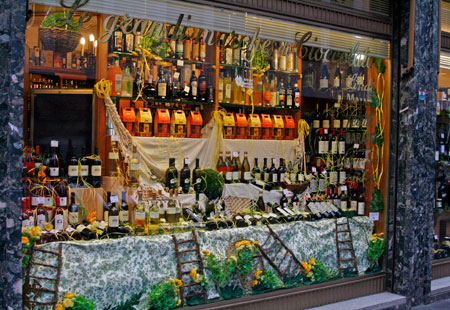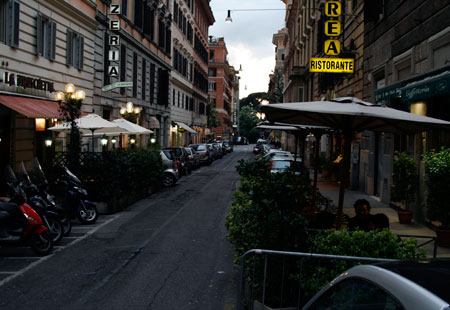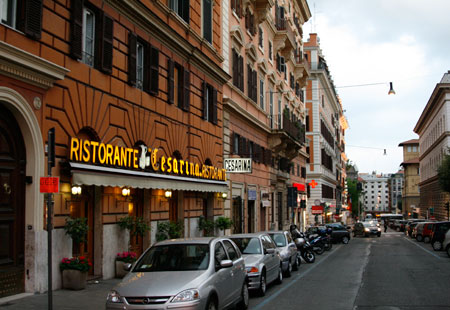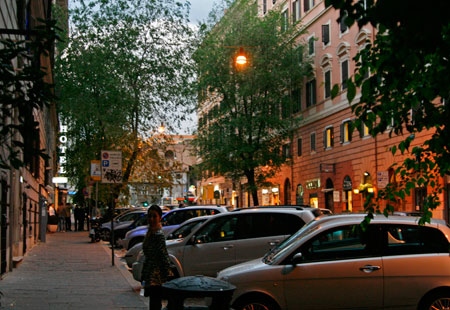Tipping
Living in Japan, tipping is just something you don’t have to deal with. You don’t tip here, ever. Not at any restaurant, not for taxi drivers, not for deliveries, hotel service, nothing. It’s actually very nice, as you don’t have to research and remember complex rules about how much to tip which kind of service. You don’t have to deal with the fear of seeming like a cheapskate, or worry about how the person serving you will feel if it’s this much or that much. Here in Japan, paying for something is a stress-free process.
Honestly, to this day, I have no idea how much I would tip a taxi driver for a fare (is it different from short and long hauls?), or a bellhop to show me to my room (I have to ask family and friends when that’s something I have to deal with). I recall that 15% used to be the standard for restaurant tips, now it seems to be 20%.
This causes problems for me when I travel back to the U.S., as I have to break long-held habits. Once, some years back, while on vacation from Tokyo, I went to a restaurant in San Francisco with a friend who was also visiting from Japan. We ate, paid, and left. I realized I had left my jacket at the restaurant, so I went back. I told the waiter who had served us that I had forgotten my jacket. He said, “You forgot your tip, too.” Somewhat abashed, I got out a generous tip as I tried to explain why that happened; I am guessing he didn’t believe me, but whatever.
So I was a bit confused on more recent trips back when I would go to a place that had general seating, but I would instead order something for take-out. There would be a tip jar on the counter, and when I pad by credit card, there would be a line for the total, the tip, and the total with the tip, so that you would have to write the same amount twice, essentially making an outright statement that you are not tipping at all. I was rather taken aback when I first encountered it, and have never been comfortable with it—it seems excessively pressuring, like a few years back when many businesses asked out loud in the line at the register if you “wanted” to make a donation to a charity (which you usually had never heard of and knew nothing about) with your purchase, and to refuse you had to say it out loud in front of a line of people.
When someone waits on me, that deserves a tip. They have to show me to a table, be prompt with service, carry stuff back and forth across the restaurant, make sure your water glass is full, deal with complaints corrections, take care of the payment, maybe other things we don’t even notice. With a home delivery, well, they drive across town to deliver for you, presumably doing so promptly but safely. The standard is, special work is being done.
But a counter pick-up? Really? The person behind the counter is doing no more work than any other register person at any other store. Do you tip the check-out person at the supermarket? Do you tip the concessions seller at a movie theater? Nope.
The argument is often made that these people are paid minimum wage. If that’s the standard, then why are only restaurant people afforded this generosity? Not to mention that servers get tipped because they get paid a pittance (well below minimum wage, often just a few bucks an hour) as the tips are expected to be their main income; cashier people, I understand, are paid a regular wage, as are the cooks.
I’m also pretty sure that a tip was never demanded for counter service when I was younger—of course, tip jars were hardly ever there, either. I’m not arguing that counter staff don’t need the money; however, a lot of minimum wage earners who never get tips deserve better as well. It just seems like an attempt by restaurants to justify paying more workers less, and/or an attempt by better-paid staff to get a gratuity simply because it is a close extension to an established but separate gratuity system.
I would be quite happy if America followed Japan’s example and just got rid of the system completely. Pay people a living wage ($15 at the very least for a minimum wage for whatever job), and just factor that into the prices.
Of course, what would probably happen is that the businesses would all pretend like the difference would cost them a lot more than it really would, and would take the opportunity to hike prices too much… still, the change would be a good thing.


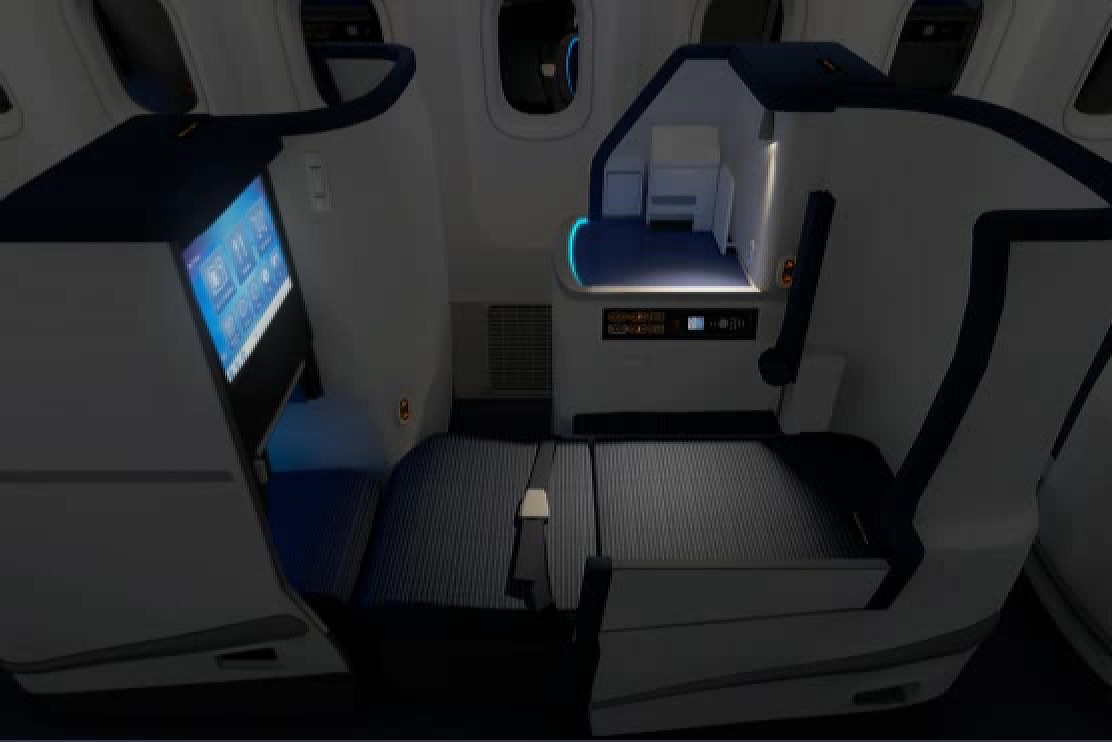


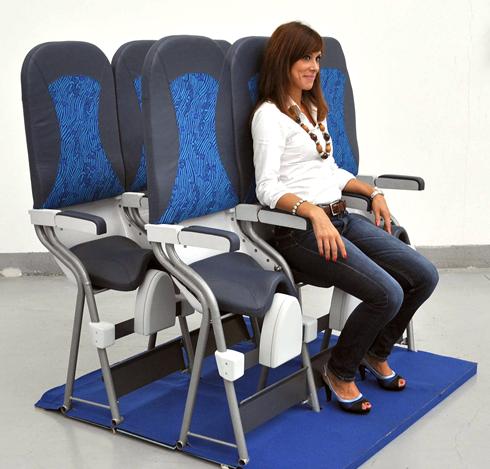




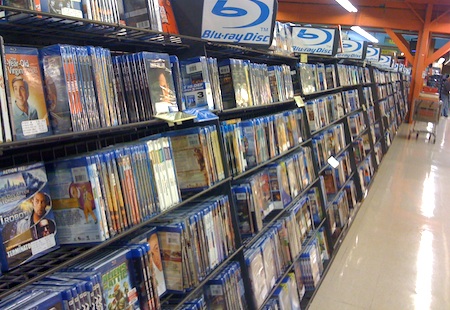




 Mini DisplayPort to HDMI Adapter Cable
Mini DisplayPort to HDMI Adapter Cable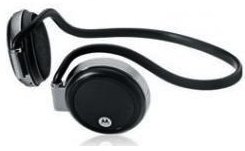 Motorola S305 Stereo Bluetooth Headphones
Motorola S305 Stereo Bluetooth Headphones Kool-Aid Sugar Free On the Go, Tropical Punch
Kool-Aid Sugar Free On the Go, Tropical Punch